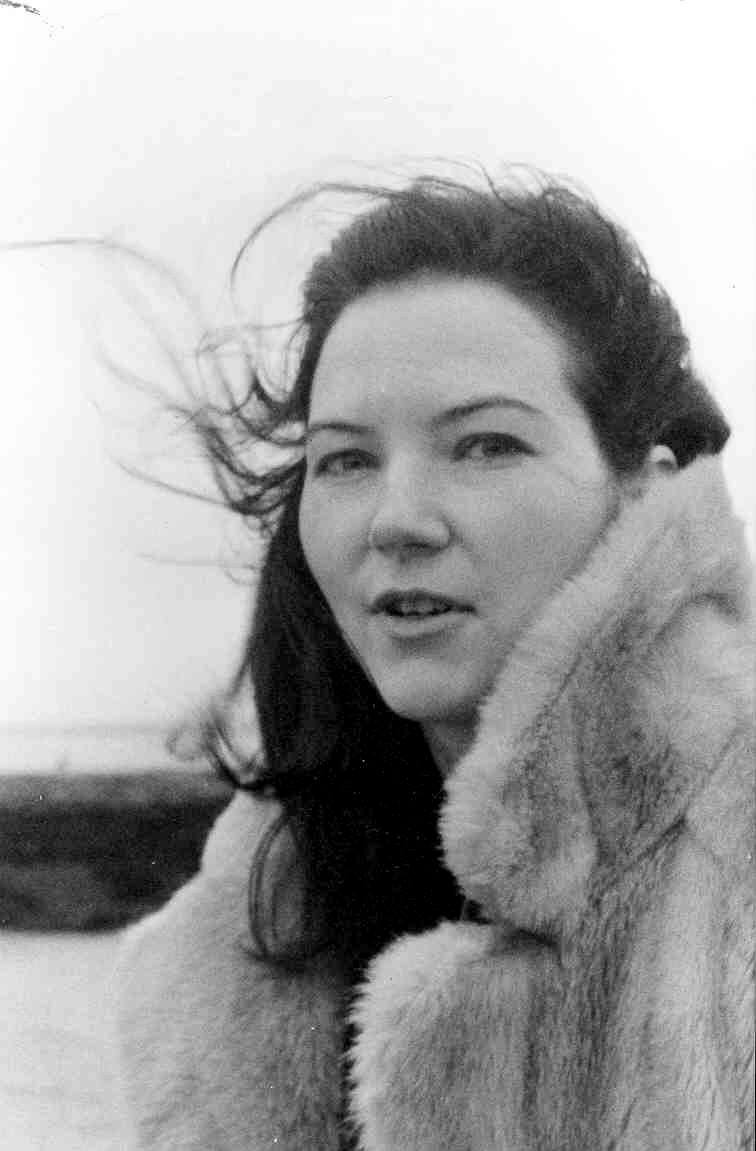
At a literary festival that shall remain nameless, a tall youngish man with a crazy smile approached me after my reading. We had recent history since I had met him a couple of nights before at dinner and I had tried out raw fish. This man never touched fish. He never caught it and could not abide to eat it. He liked blank coloured and blank tasting food like bread and pale potato soup. He was surprised that I wrote dark stories. He loved fairy tales that were perfectly pure.
So after my reading this man approached me with his smile and said,
‘Have you ever attended an exorcism?’
I said no.
He said, ‘I think it would be a good thing for you to do that.’
I smiled back at him and after a while, I escaped into a group of wine drinkers and smokers and I never spoke to that man again.
Festivals can be strange. They revolve around people who don’t always get out into the actual world very often. There is a rushed air of expectation at these gatherings. Nerves, drunken hate, pedantic questions about payment, jealousies now and again, but most of all there is the belief that a literary festival is worth something more than a tourist board’s exhortation of native literary genius.
Last year I attended a few festivals and each one was different. Different countries, different reactions, different food and different after parties, and no matter if it was at the Cúirt Festival in Galway, or the Vilenica Festival in Slovenia or the City Lit Festival in London, one thing never changed, the word was paramount.
There was no room for pale potato soup in any of them.
In Vilenica, writers were encouraged and expected to attend most readings. We were bussed to various locations and we wandered around Ljubljana city, amidst the café society and explored the grounds of a magnificent castle.
I met one brilliant poet who stood up for her right to declare love as a political act and another brilliant poet who recited her poetry with a fearless belief that she was saying something; that her words mattered.
In Cúirt, I didn’t really need to explore the city since I live in it and writers were left to mostly their own itineraries. There wasn’t the same expectation to attend other readings but the predominant feeling was that the reader mattered. Questions were encouraged and a writer could easily meet someone who loved or hated their work, and as in all festivals there were instances where the writer might have felt like fair game.
You did write those words didn’t you, so what are they supposed to mean? I didn’t like that story…. I didn’t like it at all.
The man who approached me at the nameless literary festival was adamant that stories should only uplift the listener. Stories should offer redemption, he insisted.
I disagreed, and we stood there smiling at each other until I escaped, and later in the year, in the wild buzz of London, I wandered down to theatre land and got slightly lost amidst the rich looking theatre-goers, the pizza delivery boys, and the girl in the Stetson hat who jingled her fake gun belt at her boyfriend, and I consoled myself that I wasn’t really lost, I was just mislaid in the most marvellous city in the world. The city of Shakespeare, the city of Dickens, and the Bloomsbury set where Katherine Mansfield rocked up and caused sweet ructions.
Later I wandered back to the crowd of writers ensconced round a table outside Philomena’s Irish Bar. They were talking prose, politics and drinking Guinness, wine and lager. I ordered a Shirley Temple. There was no potato soup and there was no insistence on literary redemption; there were just these marvellous compatriots of the word brought together by a literary festival.












